The legal process is increasingly being used by incumbent industries to thwart change with that ancient mantra of obsolescent businesses, “consumer protection.”
Tech Tuesday: Litigation, Legislation and Regulatory Protectionism


The legal process is increasingly being used by incumbent industries to thwart change with that ancient mantra of obsolescent businesses, “consumer protection.”
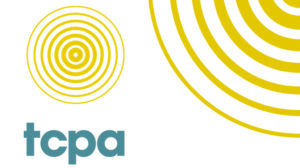
The story of the Telephone Consumer Protection Act of 1991 this year is how the Supreme Court can sometimes see a legal issue so clearly despite confusion and conflicts among the lower federal courts.
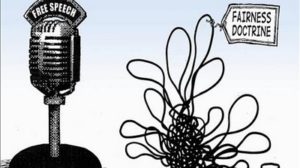
The brief on behalf of the Consumer Federation of America to the U.S. Supreme Court on the issue of whether the so-called Red Lion doctrine of First Amendment regulation of broadcasters should be re-examined.
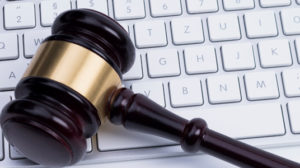
It is rare that the justices of the Supreme Court of the United States actually write or speak about technology. But as connectivity and user-generated content become more ubiquitous and pervasive, sometimes the Court — despite its inherent judicial conservatism — just can’t avoid touching on issues related to the use, importance and legal status of modern communications technologies.
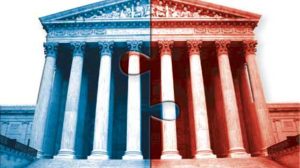
You may not agree with the Supreme Court’s denial of standing to plaintiffs challenging an Arizona law giving tax credits for parochial schools, but the sentiment of limited judicial powers articulated by Justice Kennedy should resonate with folks from Tea Party members to liberal activists.
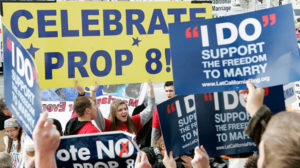
The outcry over federal judge Vaughn Walker’s decision overturning California’s Proposition 8 — which declared same-sex marriages unlawful — is hardly atypical where the Constitution is concerned. Why should a single judge, or nine (Supreme Court) judges, have the power to override the legitimate majority vote of citizens in a democracy?
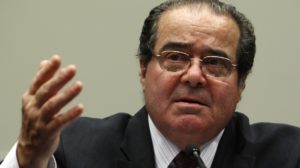
Judges are by institution isolated and by tradition older than the general population. Increasingly, however, they are called upon to rule on technologies with which they have no experience at all.
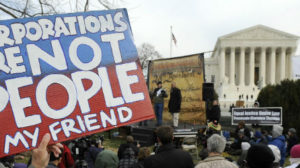
The U.S. Supreme Court, for the first time, took note of social media today, observing that “soon … it may be that Internet sources, such as blogs and social networking Web sites, will provide citizens with significant information about political candidates and issues.”

The problem is that while speech is free, campaign $$ is not.

Supreme Court nominee Sonya Sotamayor is unlikely to have influence on the Court’s cyberlaw jurisprudence, because there basically is none. The evolution of this rapidly changing medium really does not need the glacial pace at which the SCOTUS decides issues